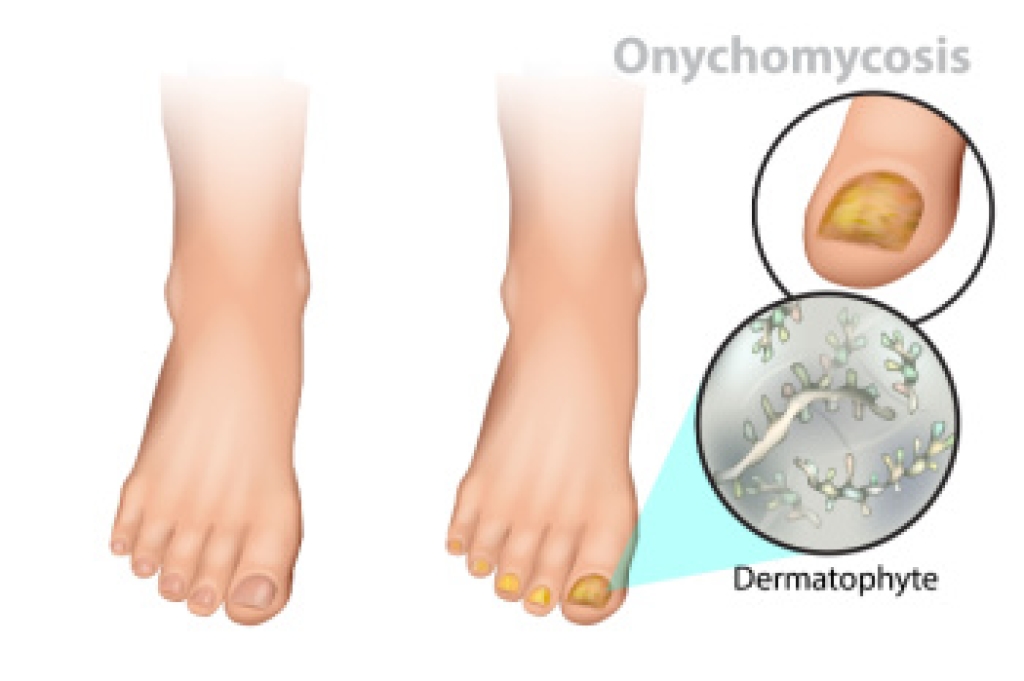
Because trail running challenges the feet with constant impact and shifting terrain, proper preparation is needed to keep them healthy and strong. Experts recommend wearing trail shoes that fit securely through the heel and midfoot while allowing enough room in the toe box to prevent pressure on the toenails. Moisture-wicking socks are also suggested to reduce friction and keep the skin dry, which helps prevent blisters and irritation. Many trail runners benefit from shoes with good traction and support around the arch and ankle to handle uneven ground and quick directional changes. Paying attention to how the laces are tied can improve stability on steep trails. A podiatrist can evaluate your running mechanics, provide guidance on shoe selection, and offer treatment if discomfort or injury develops. If you experience foot or ankle pain while trail running, it is suggested that you make an appointment with a podiatrist for a diagnosis and treatment.
All runners should take extra precaution when trying to avoid injury. If you have any concerns about your feet, contact Daniel Bell, DPM of Florida. Our doctor will treat your foot and ankle needs.
How to Prevent Running Injuries
There are a lot of mistakes a runner can make prior to a workout that can induce injury. A lot of athletes tend to overstretch before running, instead of saving those workouts for a post-run routine. Deep lunges and hand-to-toe hamstring pulls should be performed after a workout instead of during a warmup. Another common mistake is jumping into an intense routine before your body is physically prepared for it. You should try to ease your way into long-distance running instead of forcing yourself to rush into it.
More Tips for Preventing Injury
- Incorporate Strength Training into Workouts - This will help improve the body’s overall athleticism
- Improve and Maintain Your Flexibility – Stretching everyday will help improve overall performance
- “Warm Up” Before Running and “Cool Down” Afterward – A warm up of 5-10 minutes helps get rid of lactic acid in the muscles and prevents delayed muscle soreness
- Cross-Training is Crucial
- Wear Proper Running Shoes
- Have a Formal Gait Analysis – Poor biomechanics can easily cause injury
If you have any questions, please feel free to contact our office located in Pembroke Pines and Plantation, FL . We offer the newest diagnostic and treatment technologies for all your foot care needs.




